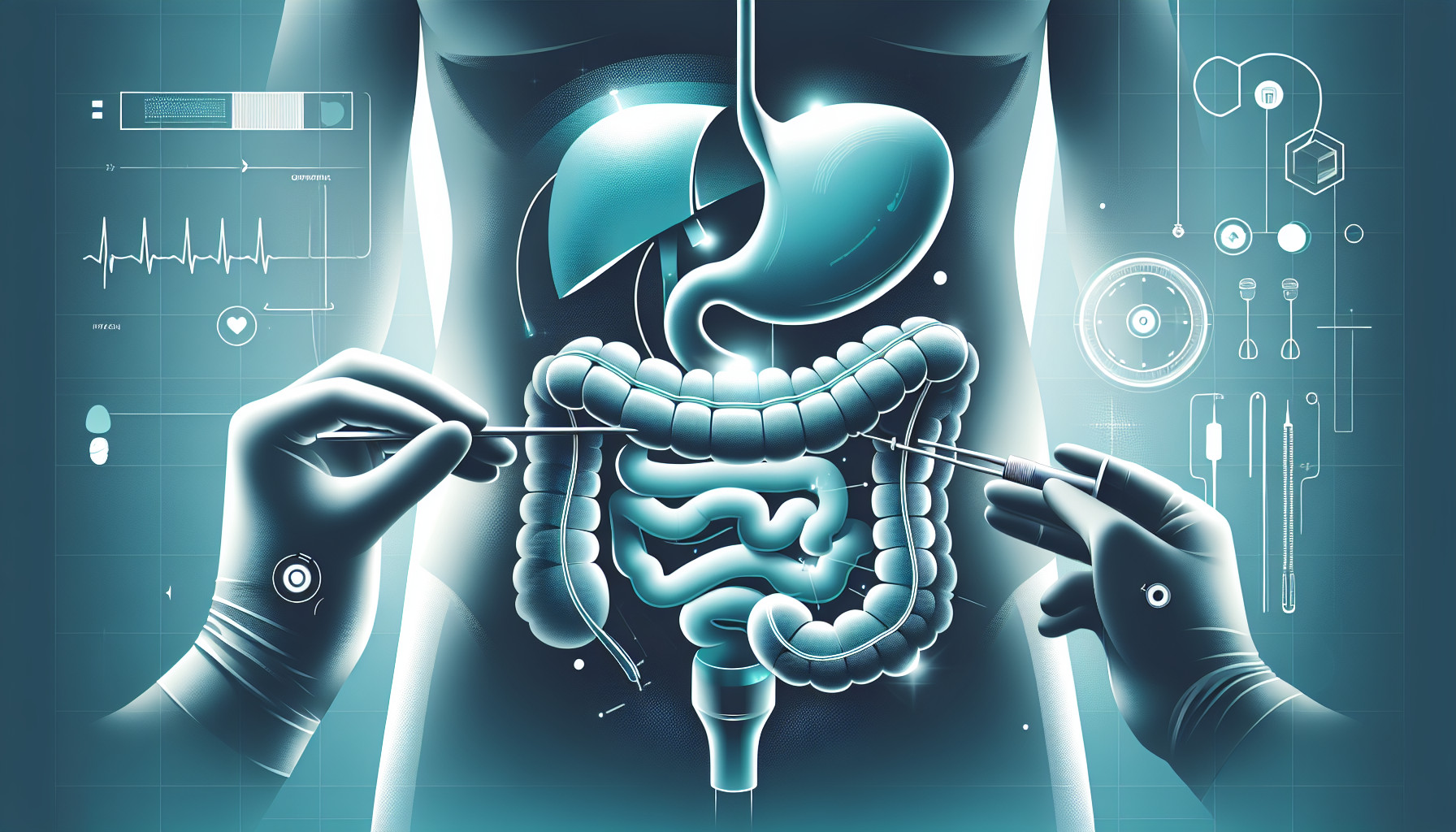Our Summary
The study looked at the safety and effectiveness of a specific type of hernia repair surgery in patients who had previously undergone prostate removal surgery. It was previously thought that prior prostate surgery could complicate hernia repair. However, the research found that while the hernia surgery did take longer in patients with prior prostate removal, the overall outcomes were just as good as in patients who had not had prostate surgery. There was no significant difference in recovery time, complications, or recurrence of the hernia. The type of prostate surgery (open, laparoscopic, or robotic) also did not impact the results of hernia repair. These findings suggest that prior prostate surgery should not be a reason to avoid this type of hernia repair.
FAQs
- Does prior prostate surgery complicate hernia repair?
- Does the type of prostate surgery impact the results of hernia repair?
- Is there a difference in recovery time, complications, or recurrence of the hernia in patients with prior prostate surgery compared to those without?
Doctor’s Tip
A doctor may advise a patient undergoing laparoscopic hernia repair to follow all pre-operative instructions, including fasting before surgery and stopping certain medications as directed. They may also recommend maintaining a healthy lifestyle, including regular exercise and a balanced diet, to aid in recovery and reduce the risk of complications. Additionally, the doctor may advise the patient to follow post-operative care instructions carefully, including avoiding heavy lifting and strenuous activities for a certain period of time. It is important for the patient to communicate any concerns or changes in symptoms to their doctor promptly.
Suitable For
Patients who are typically recommended for laparoscopic hernia repair include those with inguinal hernias, umbilical hernias, and incisional hernias. These patients should be in good overall health and have no significant medical conditions that would increase the risk of surgery. Additionally, patients who are pregnant, have a history of previous abdominal surgeries, or have a hernia that is causing symptoms such as pain or discomfort are also good candidates for laparoscopic hernia repair. It is important for patients to discuss their individual medical history and circumstances with their healthcare provider to determine if laparoscopic hernia repair is the best option for them.
Timeline
Before laparoscopic hernia repair:
- Patient is diagnosed with a hernia through physical examination or imaging tests.
- Patient may experience symptoms such as pain or discomfort in the affected area.
- Patient and surgeon discuss treatment options, including the possibility of laparoscopic hernia repair.
- Patient undergoes pre-operative testing and preparation for surgery.
After laparoscopic hernia repair:
- Patient is placed under general anesthesia for the surgery.
- Surgeon makes small incisions in the abdomen and inserts a laparoscope to repair the hernia.
- Hernia is repaired using mesh to reinforce the weakened area.
- Patient wakes up in the recovery room and is monitored for any immediate complications.
- Patient is discharged home the same day or after a short hospital stay.
- Patient may experience some pain, swelling, and discomfort in the days following surgery.
- Patient is instructed to avoid heavy lifting and strenuous activities for a period of time.
- Patient follows up with their surgeon for post-operative appointments to monitor healing and recovery.
- Patient gradually resumes normal activities and should experience relief from hernia symptoms.
What to Ask Your Doctor
What are the potential risks and complications associated with laparoscopic hernia repair in general?
How experienced are you in performing laparoscopic hernia repair procedures?
How long will the surgery take and what is the expected recovery time?
Will I need to stay in the hospital overnight or is this a same-day procedure?
What type of anesthesia will be used for the surgery?
Will I have any restrictions or limitations on activities after the surgery?
What is the success rate of laparoscopic hernia repair compared to other types of hernia repair?
How soon can I return to work or normal daily activities after the surgery?
Are there any specific precautions I should take before or after the surgery to improve my recovery process?
Do I need to follow a specific diet or take any medications before or after the surgery?
Reference
Authors: Watt I, Bartlett A, Dunn J, Bowker A. Journal: Surg Endosc. 2022 Nov;36(11):8298-8306. doi: 10.1007/s00464-022-09281-z. Epub 2022 May 17. PMID: 35579700
